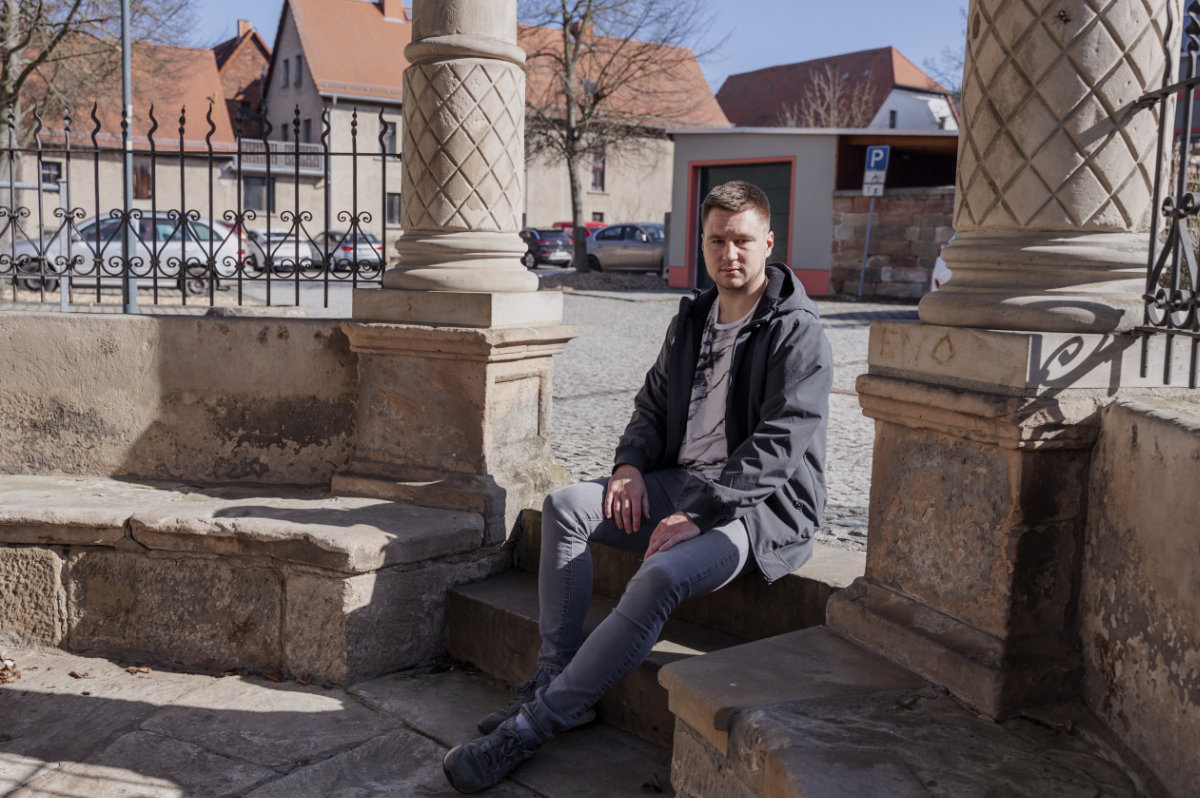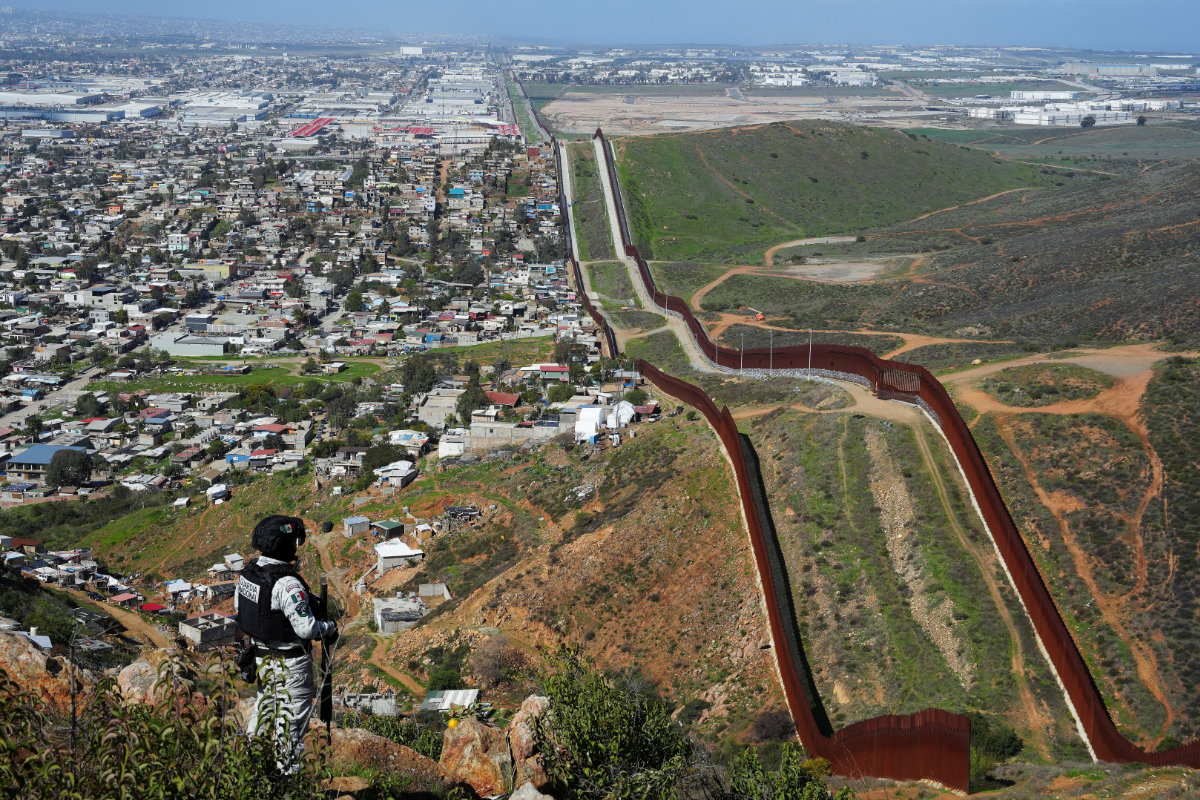BORODYANKA/LVIV: Russia and Ukraine have agreed on the need to set up humanitarian corridors and a possible cease-fire around them for fleeing civilians, both sides said after talks on Thursday, in their first sign of progress on any issue since the invasion.
But while Russian negotiator Vladimir Medinsky said the talks had made “substantial progress,” Russian invasion forces surrounded and bombarded Ukrainian cities as the conflict entered its second week.
A Ukrainian negotiator said the talks had not yielded the results Kyiv hoped for, but the two sides had reached an understanding on evacuating civilians.
In Moscow, Russian President Vladimir Putin, brushing aside worldwide condemnation of the invasion, said his military operation was going according to plan and hailed his soldiers as heroes in a televised address.
Ukrainian soldiers and civilians kept up their resistance to the Russian onslaught, and the capital Kyiv and other main cities remained in their hands on Thursday evening.
But the humanitarian crisis deepened, with the United Nations saying one million people had now fled their homes. Most were seeking refuge in Poland and other neighbors to the west.
Those who stayed were enduring shelling and rockets strikes on several cities, often on residential areas. Swathes of Kharkiv, Ukraine’s second city with 1.5 million people, have been blasted into rubble.
After the talks at an undisclosed location, Ukrainian presidential adviser Mykhailo Podolyak said they envisaged a possible temporary cease-fire to allow the evacuation of civilians and the creation of humanitarian corridors.
“That is, not everywhere, but only in those places where the humanitarian corridors themselves will be located, it will be possible to cease fire for the duration of the evacuation,” he said.
They had also reached an understanding on the delivery of medicines and food to the places where the fiercest fighting was taking place. The negotiators will meet again next week, the Belarusain state news agency Belta quoted Podolyak as saying.
Ukrainian President Volodymyr Zelenskiy said earlier Kyiv and Moscow could find a way out of the war if the Kremlin treated Ukraine on an equal footing and came to talks with a will to negotiate in good faith.
“There are things in which some compromises must be found so that people do not die, but there are things in which there are no compromises,” Zelenskiy said in a televised interview, saying he was willing to have an open conversation with Putin.
Highway jammed
Western military analysts believe that a Russian battle plan that aimed for a swift advance and capture of Kyiv has faltered, forcing commanders to change tactics.
The main assault force — a huge convoy of tanks, artillery and logistics support — has been halted for days on a highway north of Kyiv.
In Washington, a US official said Russian troops were still 25 km out of Kyiv city center. They were also just outside of Kharkiv now, the official said.
The fate of Kherson, a southern Dnipro River port, was not clear. Russian tanks had entered on Wednesday and it was reported to have been captured. But the US official said Washington believed there was still fighting in Kherson and it was not ready to say it is in Russian hands.
But Mariupol, eastern Ukraine’s main port, has been surrounded under heavy bombardment, with no water or power. Officials say they cannot evacuate the wounded.
Earlier, President Zelenskiy said Ukrainian lines were holding. “We have nothing to lose but our own freedom,” he said in one of his regular video updates to the nation.
Russia has acknowledged nearly 500 of its soldiers killed since Putin sent his troops over the border on Feb. 24. Ukraine says it has killed nearly 9,000, though this cannot be confirmed.
Military analysts say Russia’s columns are now confined to roads as spring thaw turns Ukrainian ground to mud. Each day the main attack force lies stuck on the highway north of Kyiv, its condition deteriorates, said Michael Kofman, an expert on the Russian military at the Wilson Center in Washington DC.
In Borodyanka, a town 60 km (40 miles) northwest of Kyiv where local people repelled a Russian assault, burnt-out hulks of destroyed Russian armor were scattered on a highway, surrounded by buildings blasted into ruins.
“They started shooting from their APC toward the park in front of the post office,” a man said in the apartment where he was sheltering with his family, referring to a Russian armored personnel carrier.
“Give me a Molotov cocktail”
“Then those b******* started the tank and started shooting into the supermarket which was already burned. It caught fire again. An old man ran outside like crazy, with big round eyes, and said ‘give me a Molotov cocktail! I just set their APC on fire!”
Emergency services in the eastern Chernihiv region said 33 bodies had been pulled from the rubble of a Russian air strike. Earlier, governor Viacheslav Chaus said at least nine people had been killed in an air strike that hit homes and two schools.
Rescue work has been temporarily suspended due to heavy shelling in the area.
Two cargo ships came under apparent attack at Ukrainian ports. Six crew members were rescued at sea after an Estonian-owned ship exploded and sank off Odessa, and at least one crew member was killed in a blast on a Bangladeshi ship at Olvia.
Amid Moscow’s increasing diplomatic isolation, only Belarus, Eritrea, Syria and North Korea voted with Russia against an emergency resolution at the United Nations General Assembly condemning Moscow’s “aggression.”
Putin spoke by telephone to French President Emmanuel Macron on Thursday, telling him Russia would achieve its goals, including the demilitarization and neutrality of Ukraine, the Kremlin said.
Macron told Putin “you are lying to yourself” about the government in Kyiv and the war would cost Russia dearly, a French official said.




























